Why Your Cat Won't Eat? 10 Possible Reasons

Why won’t my cat eat? ![]()
It’s a common issue that can be quite distressing, especially when you don’t know the cause.
In this article, we’ll explore 10 possible reasons why your feline friend might be turning up their nose at their food, and we’ll provide some practical advice on what to do about it.
1. Kidney Problems 🏥
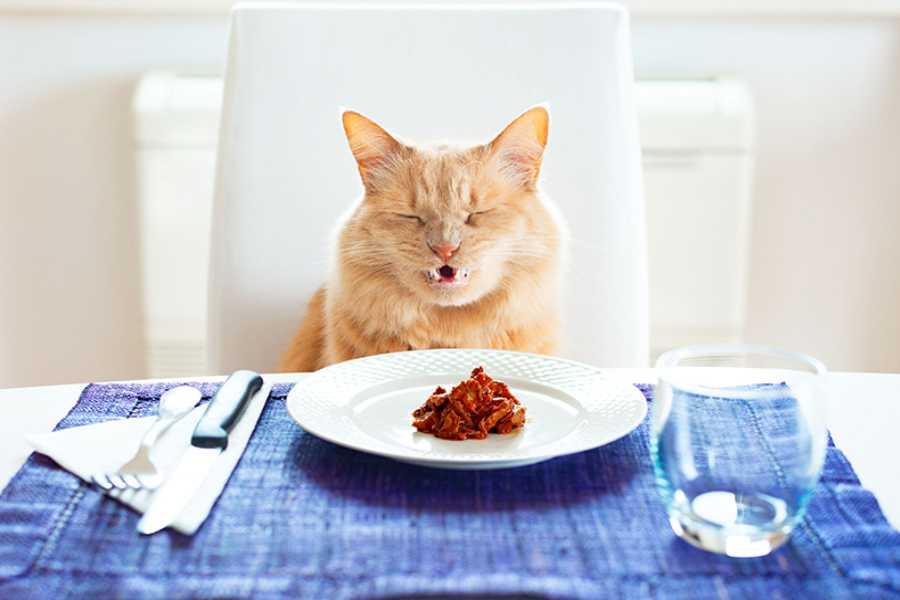
One reason your cat may not be eating is due to kidney problems. This is unfortunately common in older cats, aged 7 and above. When cats have kidney disease, they often stop eating because they feel nauseous.
This is because their kidneys stop filtering toxins out of the bloodstream, causing these toxins to build up and make the cat feel sick. Cats with kidney disease will typically still drink water and urinate a lot. If you’re noticing more drinking and urinating, along with a decrease in food intake, it could be kidney disease.
2. Gastrointestinal Problems 🤢
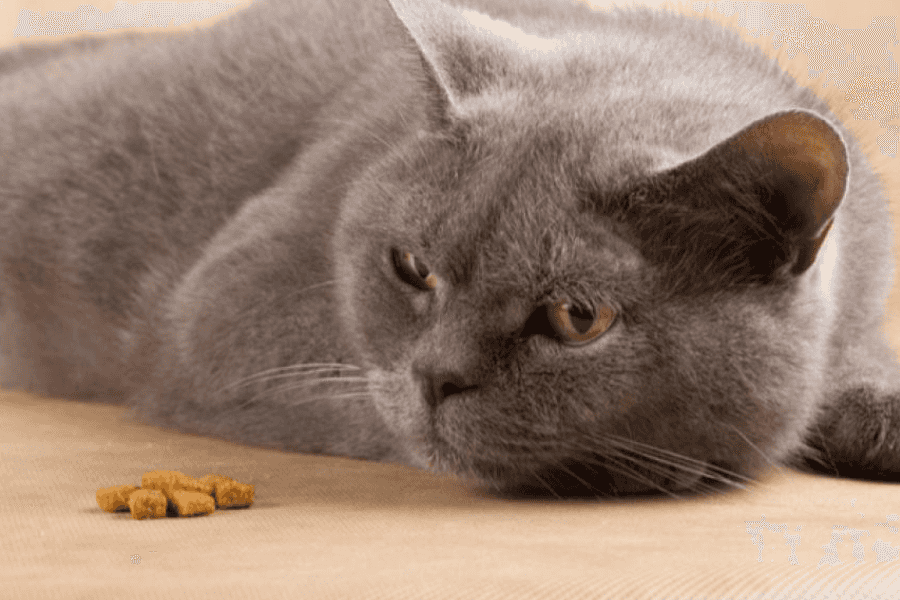
Just like humans, cats can suffer from gastrointestinal problems. These can range from inflammation of the gut due to something they ate, to intestinal parasites like hookworms, roundworms, and whipworms.
They could also have an inflammatory bowel disease, an imbalance in their gut bacteria, an obstruction, or even cancer. All these conditions can make a cat feel nauseous and result in them not eating. These conditions are often accompanied by vomiting and/or diarrhea. ![]()
3. Recent Vaccination or Medication 💉
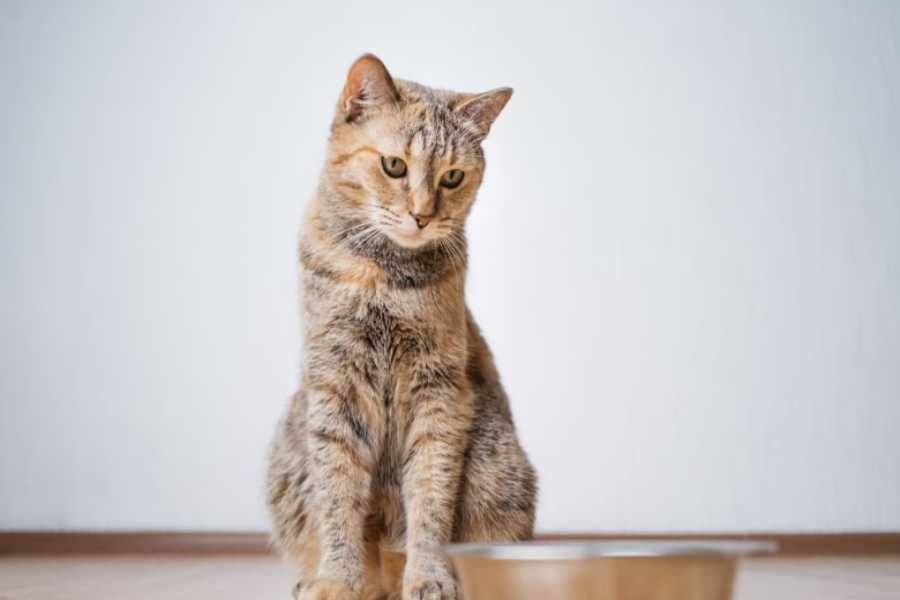
If your cat has recently been vaccinated or is on a medication that makes them feel sick, they may not want to eat. Vaccination engages the immune system, which can sometimes make a cat feel unwell.
These cats also tend to be more tired and can sometimes have a fever. Similarly, certain medications can cause your cat not to want to eat because the medication is not very pleasant to take, or it makes them feel nauseous.
4. Stress, Anxiety, or Depression 😿
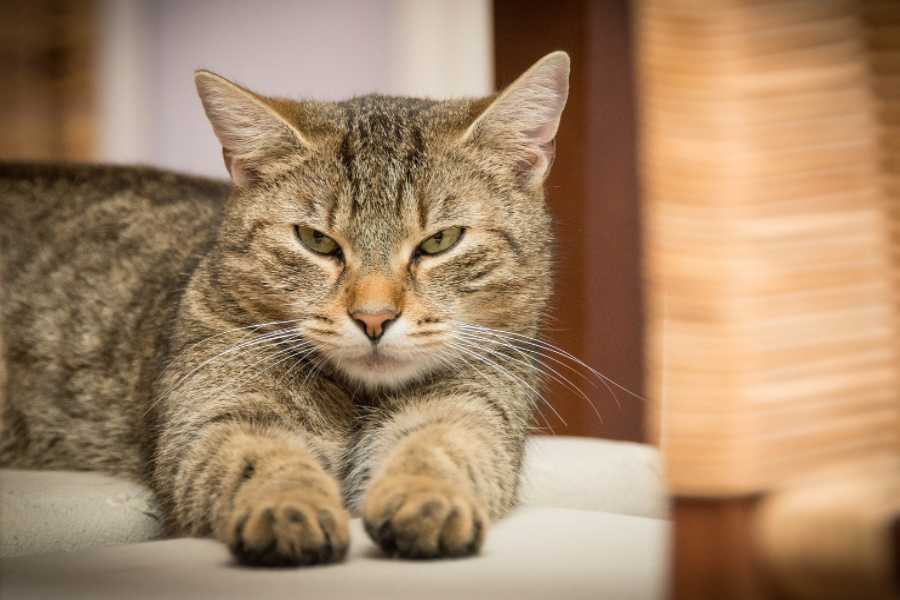
Believe it or not, cats can get stressed, anxious, and even depressed. Changes in their environment, the loss of a friend, or being left alone for long periods can cause these feelings. When they’re feeling this way, they might not want to eat.
A common stress-related disorder in cats is feline interstitial cystitis, which is inflammation in the bladder and can cause a cat to not want to eat.
5. Change in Food 🍲
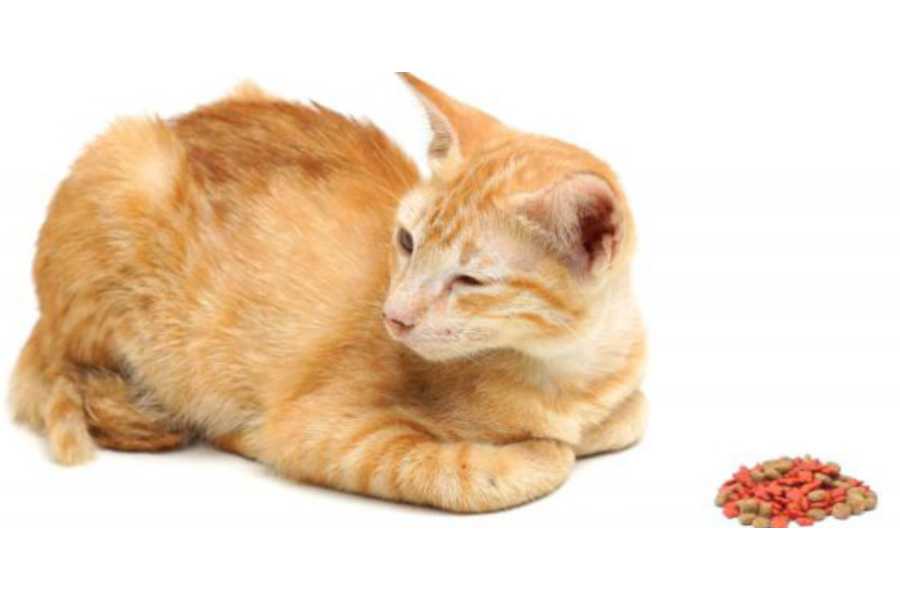
Cats are creatures of habit and don’t like change, especially when it comes to their food. If you’ve recently changed their diet, they might not like it because it tastes different, the texture is different, or even the shape is different.
If you need to change your cat’s food due to a medical condition, do it slowly over a week, gradually mixing in the new food with the old.
6. Slowed Metabolism in Older Cats 🐾
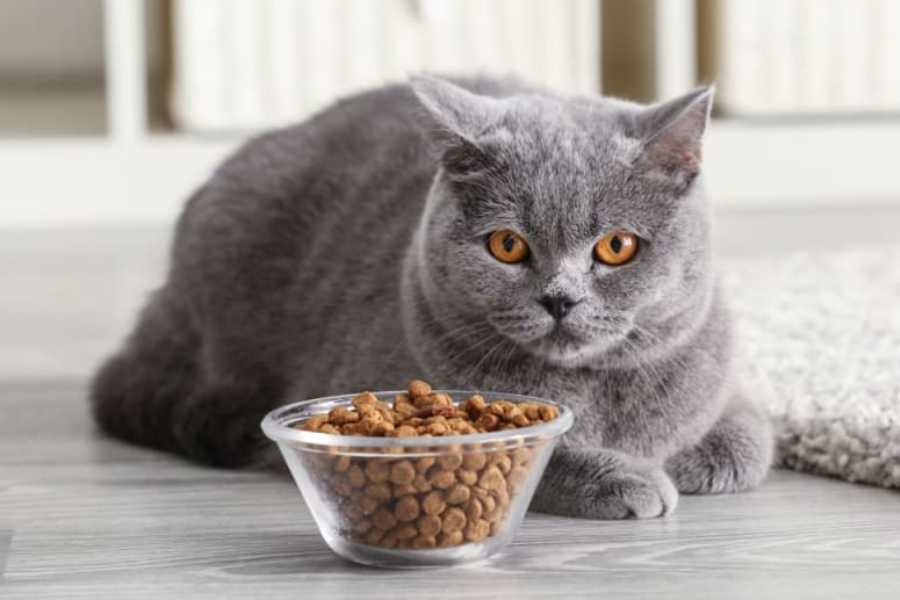
As cats age, their metabolism tends to slow down, which can result in them not eating as much as they used to. As long as your cat is still eating and not losing weight, there’s not much to be worried about.
However, if you notice a drastic drop in food consumption or weight loss over time, it’s time to talk to your veterinarian.
7. Pancreatitis 🚑
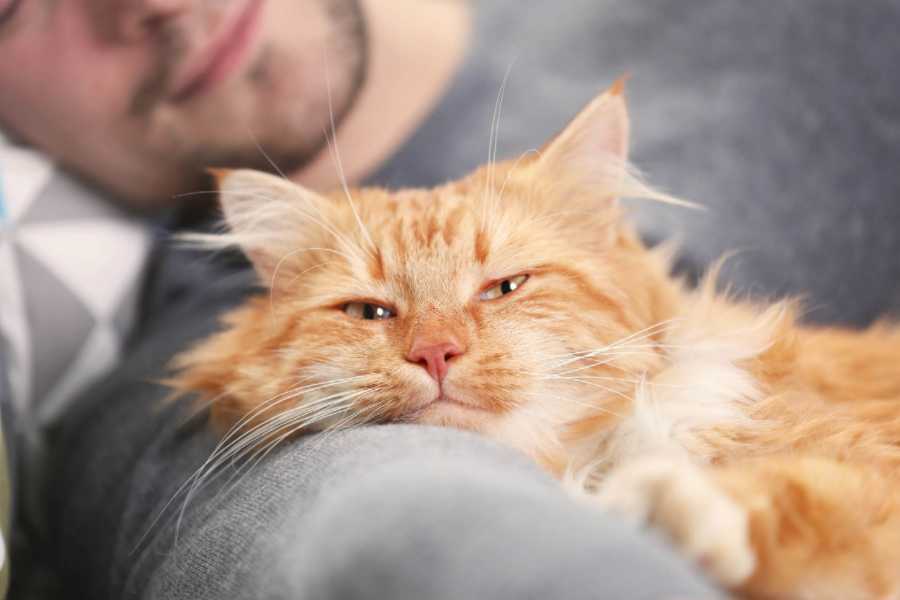
Pancreatitis, or inflammation of the pancreas, is another condition that can cause a cat to stop eating. This condition is very painful and can induce nausea.
Cats with pancreatitis typically vomit, often have a fever, may have diarrhea, and definitely don’t want to eat. ![]()
8. Dental Disease 🦷
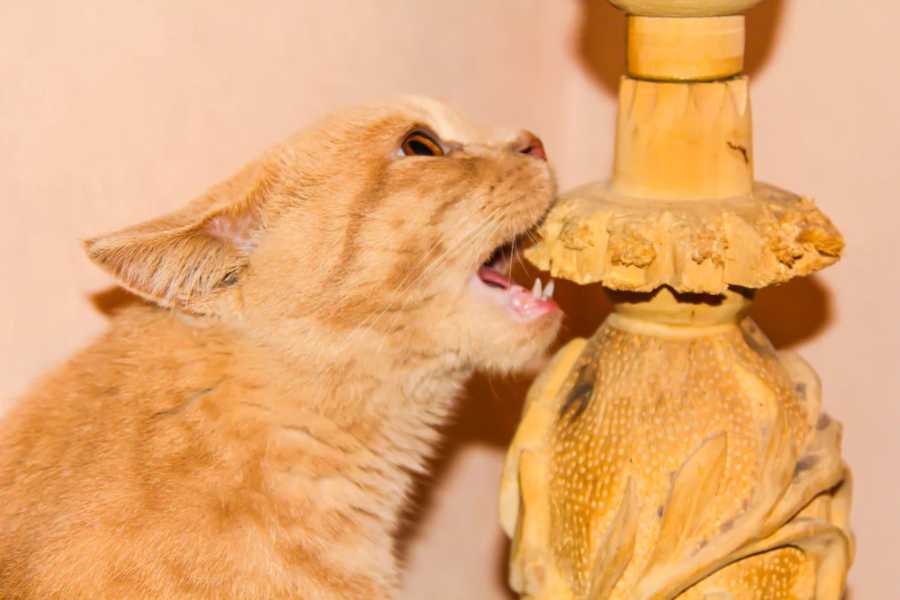
Dental disease is a very common reason why cats stop eating. Cats can get gingivitis and a condition similar to human cavities called feline odontic resorptive lesions (FORLs). These are painful and can cause your cat to stop eating.
Signs that it could be a dental issue include bad breath, dropping food out of their mouth, only chewing on one side, or only eating soft food.
9. Your Cat is Full 🍽️
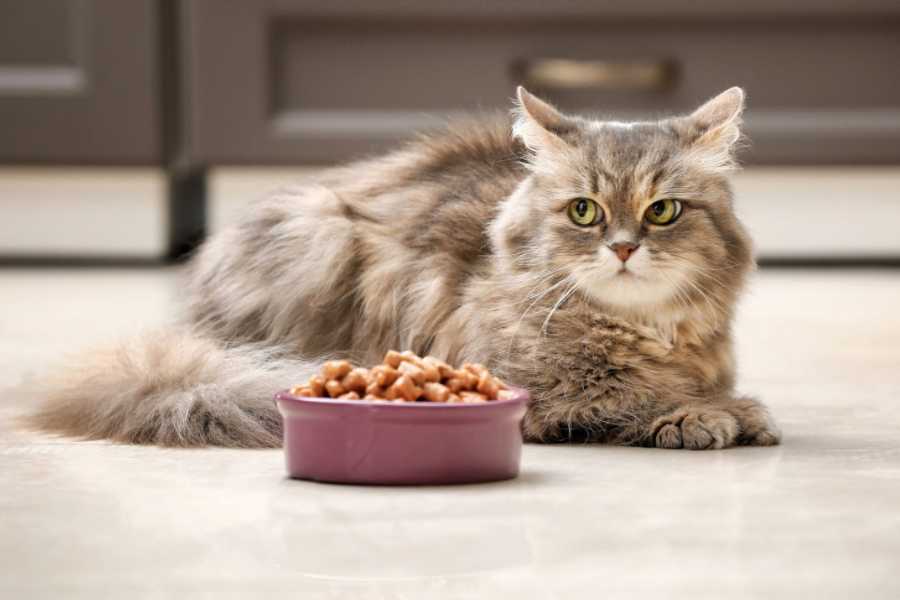
Sometimes, the simplest explanation is the correct one. Maybe your cat isn’t eating because they’re already full. If you have multiple cats, one might be eating from the others’ food bowls.
If your cat is an outdoor cat, they might be eating somewhere else. A cat that’s just full will generally look healthy and normal. ![]()
10. Viral or Bacterial Infections 🦠
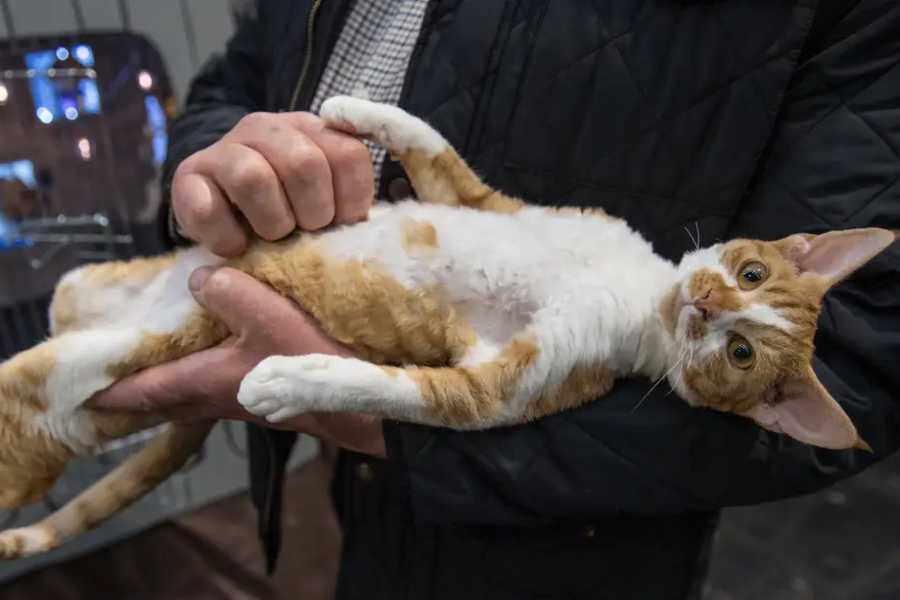
Cats can catch viruses or bacterial infections from outdoor cats, even if they never go outside. You can transfer these viruses or bacteria from outdoor cats to your indoor cats just by coming into contact with them.
This could be by bringing in some old poop on your shoe, or by petting your neighbor’s cat. All of these ways are potential sources of infection for your indoor cat. If your cat is smacking their mouth, it could be a sign that they are nauseous due to an infection.
Conclusion 🐈

It’s crucial to remember that cats cannot go a long time without eating without becoming very sick. If your cat hasn’t eaten for more than a day or two, it’s essential to contact your vet.
They can develop a condition called hepatic lipidosis, or fatty liver syndrome, which can be hard to treat and may require weeks of treatment.
If you’re noticing any changes in your cat’s eating habits, it’s always best to consult with a vet. They can help you identify the cause and provide the best treatment options.
Remember, you’re not alone in this. We at pawsadviser.com are here to provide you with the information you need to make the best decisions for your pet. ![]()
For more information on cat health and behavior, check out our other articles such as why my cat has watery eyes and do I need to visit a vet and what shots are needed for cats: everything you need to know about cat vaccines.
Tags
Share
Table Of Contents
Related Posts
Quick Links

